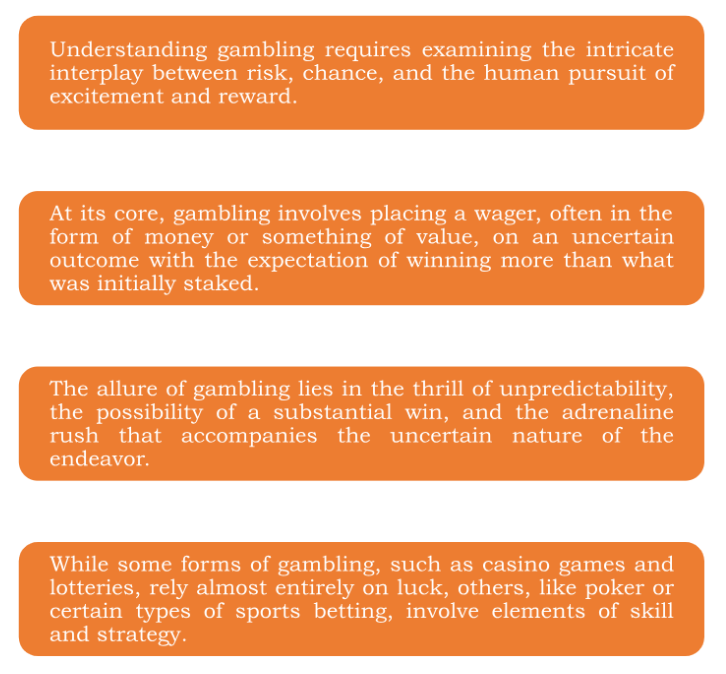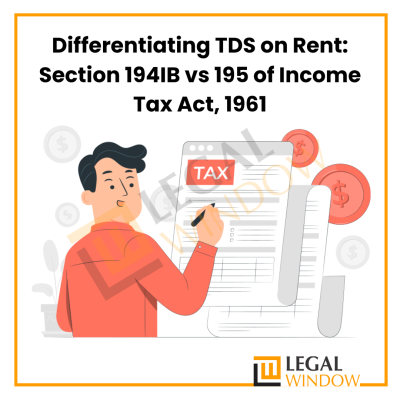
Have you ever wondered about the rules that govern fantasy sports in India? It’s like playing your favorite sports online, but with a twist – you create your dream team and compete with others based on real-life players’ performances. But how does it all work legally? Fantasy Sports is a thrilling online game where you get to create your dream team, strategize, and test your sports knowledge while competing with friends and fans across the country. Fantasy sports in India have emerged as a popular and engaging form of online entertainment, allowing fans to participate in virtual team management while showcasing their sports knowledge. As this industry has grown, questions regarding its legal status and regulation have come to the forefront. Let us discuss the regulation of fantasy sports in India.
| Table of Contents |
What do you mean by Fantasy Sports?
Fantasy sports refer to a type of online game where participants (usually referred to as “managers” or “owners”) create virtual sports teams by selecting real-life athletes from professional sports leagues. The performance of these virtual teams is then based on the real-life performance of the chosen athletes in actual sporting events. Participants earn points based on the statistical performance of their selected players, and these points contribute to their team’s overall performance in the fantasy league.
Fantasy sports have emerged as a popular and engaging form of online entertainment in India, allowing fans to participate in virtual team management while showcasing their sports knowledge. They have gained popularity in recent years and especially after the outbreak of Covid-19 in 2020. Since then, the fantasy gaming industry has seen a boom as the number of users is growing at a very fast pace.
Understanding Gambling
Gambling, in a broad sense, involves participating in games of chance or wagering on uncertain outcomes with the anticipation of gaining something of value. Central to gambling is the element of luck or randomness that determines the results, often leading to financial gain or loss. Traditional forms of gambling include casinos, lotteries, and betting on sports events.

This blending of chance and skill has led to diverse interpretations of what constitutes gambling in legal, social, and ethical contexts.
Defining Fantasy Sports: Skill vs. Chance
The heart of the regulatory debate revolves around the classification of fantasy sports as games of skill rather than games of chance. This distinction is pivotal in determining whether fantasy sports fall under the definition of gambling, which is regulated by various laws across Indian states.
Games of skill are not entirely dependent on the certainty of an event so they are a separate category from gambling. In a game of skill, the factor of skill prevails over the factor of luck, which is the opposite in the case of gambling. Mere luck doesn’t matter. It includes strategies, talent, skills, team formation, player selection, etc. Whereas in a game of chance, winning is entirely dependent on luck and does not involve strategy, team selection, etc. It is relatively easy than a game of skill.
The courts in India have fundamentally distinguished between the two: a game of skill can be mastered over time, while a game of chance cannot because it depends on whether or not a particular event happens. Games of skill are allowed in most parts of the country, while gambling is completely banned throughout the country and is considered immoral and illegal. In India in particular, the only central law that criminalizes most aspects of gambling (a game of chance) is the age-old Public Gambling Act of 1867. While it restricts gambling in the country, the law also expressly allows its scope, games of “mere skill”. The Supreme Court in State of Bombay v. R.M.D. Chamarbaugwala interpreted the words “mere skill” to include games that are predominantly skill, although they also have small elements of chance. What constitutes a game of skill was first discussed in State of Andhra Pradesh v. K. Satyanarayan where the game of ‘Rummy’ was held to be a game of skill requiring memorization and judgment – “it is mainly and predominantly a game of skill”, and therefore could not be criminalized under the Public Gambling Act.
Thus, fantasy sports in India are considered a game of skill because they involve strategizing and other skills, such as knowledge of players, which are not required in gambling.
State-Level Regulations
Several Indian states have recognized fantasy sports as games of skill, thereby granting them a degree of legal protection. This recognition has allowed fantasy sports operators to operate in these states under certain conditions, often requiring adherence to guidelines that promote responsible gaming, protect user interests, and prevent underage participation.
However, it’s important to note that regulations can vary from state to state. For example, states like Punjab, West Bengal, and Nagaland have taken proactive steps in regulating and legalizing fantasy sports. They may require operators to obtain licenses or registrations, pay fees, and follow specific operational guidelines. In contrast, other states may not have explicit regulations but still consider fantasy sports as skill-based activities.
Self-Regulation and the Role of Industry Bodies
Recognizing the need for a standardized framework and ethical conduct, the industry has taken steps towards self-regulation. The Federation of Indian Fantasy Sports (FIFS) is one such organization that has been established by leading fantasy sports platforms to promote responsible gaming, transparency, and fair play. FIFS works closely with operators, industry stakeholders, and government bodies to develop best practices and ensure the integrity of the fantasy sports ecosystem.
Applicability of Tax on Fantasy Sports in India
The Goods and Services Tax (GST) Council on July 11, 2023, decided to introduce a uniform 28% tax on full face value for online gaming, casino, and horse racing. At the GST Council meeting, the concern over the growing addiction to online gaming, especially among children was expressed. The GST Council will not make any distinction between “game of skill” (fantasy sports are assumed to be one) and “gambling” (betting on horse races, gambling, casinos, etc.). Earlier, the applicable GST rate for this industry was just 5%.
This move will greatly affect all fantasy sports sites like Dream11, My11Circle, and others by imposing a huge tax burden on the players. The move is seen as an attempt by the Union government to discourage such activities.
Final words
The regulation of fantasy sports in India is a dynamic and evolving process. The evolving regulatory landscape of fantasy sports in India reflects the delicate balance between skill and chance. While some states have embraced and regulated this industry, others are still in the process of formulating clear guidelines. The recognition of fantasy sports as games of skill has been a positive step, and the industry’s commitment to responsible gaming and self-regulation through bodies like FIFS showcases its dedication to maintaining high standards.
CA Pulkit Goyal, is a fellow member of the Institute of Chartered Accountants of India (ICAI) having 10 years of experience in the profession of Chartered Accountancy and thorough understanding of the corporate as well as non-corporate entities taxation system. His core area of practice is foreign company taxation which has given him an edge in analytical thinking & executing assignments with a unique perspective. He has worked as a consultant with professionally managed corporates. He has experience of writing in different areas and keep at pace with the latest changes and analyze the different implications of various provisions of the act.
Categories
- Agreement Drafting (23)
- Annual Compliance (11)
- Change in Business (36)
- Company Law (148)
- Compliance (90)
- Digital Banking (3)
- Drug License (3)
- FEMA (17)
- Finance Company (42)
- Foreign Taxation (6)
- FSSAI License/Registration (14)
- GST (120)
- Hallmark Registration (1)
- Income Tax (202)
- Latest News (34)
- Miscellaneous (165)
- NBFC Registration (8)
- NGO (14)
- SEBI Registration (6)
- Section 8 Company (7)
- Start and manage a business (21)
- Startup/ Registration (130)
- Trademark Registration/IPR (40)
Recent Posts
About us
LegalWindow.in is a professional technology driven platform of multidisciplined experts like CA/CS/Lawyers spanning with an aim to provide concrete solution to individuals, start-ups and other business organisation by maximising their growth at an affordable cost.









